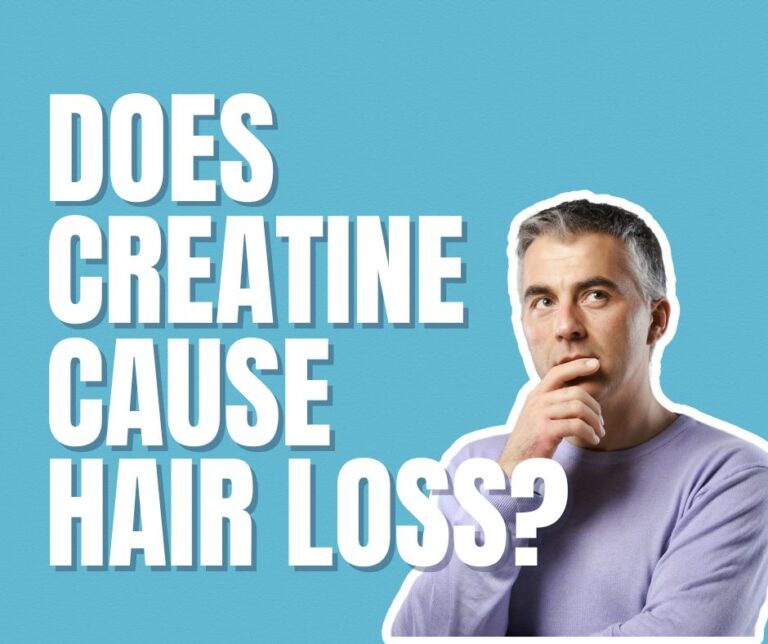© 2024 · MEDI Hair Loss & Scalp clinic
Simply fill in your details and we'll get in touch with you shortly.

As of today, there’s no strong evidence that supports the claim that creatine directly causes hair loss.
This has been a very common concern, especially for younger men.
People take creatine to improve workouts, build muscle, and stop muscle loss.
There’s good evidence showing that it increases the weight you can push at the gym, improves recovery rates, and may even provide cognitive benefits — particularly in older adults. So it’s not just for young people.
There are many different types of hair loss, but we’re focusing here on male pattern baldness.
Male Pattern Baldness affects up to 50% of men over their lifetime, and studies show that about 80–81% of Male Pattern Baldness is genetic. While people put one side of the family, it is actually, but it’s inherited from both parents.
Many people don’t notice hair loss until they’ve lost 50% of their density. Telogen effluvium might cause 25% shedding, but if you’re also predisposed to androgenetic alopecia, the combo may lead to significant visible loss.
This is often most visible in the frontotemporal region, matching the pattern of genetic hair loss. A family history or prior thinning before pregnancy puts you at higher risk.
How does male pattern baldness work?
Who’s more likely to have elevated DHT?
Does that mean everyone who goes to the gym is going to lose hair?
Nope! That’s because you also need to have the genetic susceptibility.
That’s exactly the concern, but you know what? There is no evidence to support that. Many studies over the years have looked at the relationship between creatine and testosterone or hair loss. None have shown that creatine significantly increases testosterone or DHT levels long-term.
“Trichologists, the guardian of tresses, blend scientific insight with compassionate care, unraveling the mysteries of hair loss and fostering a journey back to the lush landscapes of self-assurance.”
A single 2009 study from South Africa sparked the rumor. And, it sults in people are arguing over whether creatine causes hair loss. While this caught headlines, the study didn’t examine hair loss or scalp health.
If you’re worried — the evidence does not strongly support the claim that creatine causes hair loss.
It’s much more likely about your genetics and whether you’re already predisposed.
Coincidentally, you may start taking creatine and notice hair shedding, but that doesn’t mean creatine is the cause.
We are not downgrading the effect of hair loss; we understand it can be tough.
But at least now you know: the data doesn’t support that creatine causes hair loss.
Unlikely. Most studies focus on men, but the same hormonal principles apply. Women with PCOS or androgen sensitivity should consult their doctor first.
Unless you’re genetically predisposed to hair loss and particularly sensitive to DHT, creatine is unlikely to cause noticeable hair thinning.
That said, if you notice changes or feel unsure, consult a family doctor, dermatologist, or certified trichologist before continuing with the supplement.
A trusted provider of comprehensive hair loss solutions. At Medi, we adopt a holistic and medical approach to hair growth, rejuvenating the scalp to achieve results.
*No Walk-ins. By appointment only.

© 2024 · MEDI Hair Loss & Scalp clinic